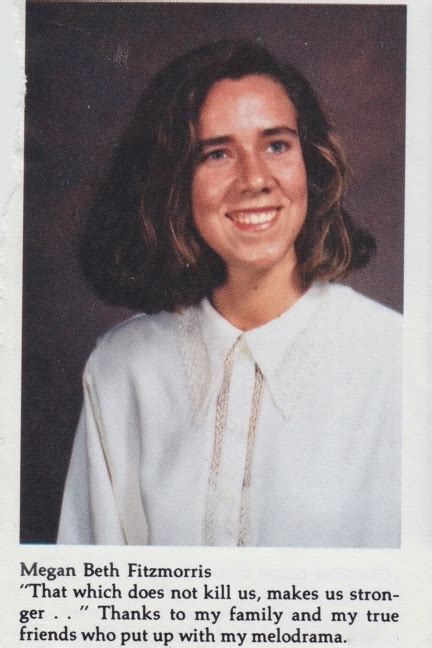A Quote by Alan Turing
Instead of trying to produce a programme to simulate the adult mind, why not rather try to produce one which simulates the child's? If this were then subjected to an appropriate course of education one would obtain the adult brain.
Related Quotes
The experience of a sense of guilt for wrong-doing is necessary for the development of self-control. The guilt feelings will laterserve as a warning signal which the child can produce himself when an impulse to repeat the naughty act comes over him. When the child can produce his on warning signals, independent of the actual presence of the adult, he is on the way to developing a conscience.
In certain circumstances where he experiments in new types of conduct by cooperating with his equals, the child is already an adult. There is an adult in every child and a child in every adult. ... There exist in the child certain attitudes and beliefs which intellectual development will more and more tend to eliminate: there are others which will acquire more and more importance. The later are not derived from the former but are partly antagonistic to them.
The role played by education in all political utopias from ancient times onward shows how natural it seems to start a new world with those who are by birth and nature new. So far as politics is concerned, this involves of course a serious misconception: instead of joining with one's equals in assuming the effort of persuasion and running the risk of failure, there is dictatorial intervention, based upon the absolute superiority of the adult, and the attempt to produce the new as a fait accompli, that is, as though the new already existed.
I bet if you look at the average teenager and the average adult, the average teenager has read more books in the last year than the average adult. Now of course the adult would be all like, 'I'm busy, I got a job, I got stuff to do.' WHATEVER! READ! I mean, you're watching CSI: Miami. Why would you be watching CSI: Miami, when you could be READING CSI: Miami, the novelization?
I always looked forward to being an adult, because I thought the adult world was, well—adult. That adults weren’t cliquey or nasty, that the whole notion of being cool, or in, or popular would case to be the arbiter of all things social, but I was beginning to realize that the adult world was as nonsensically brutal and socially perilous as the kingdom of childhood.






































